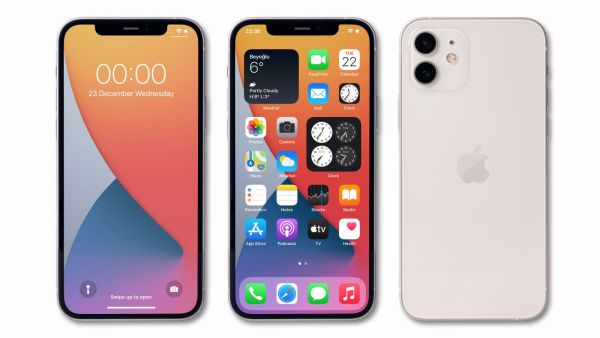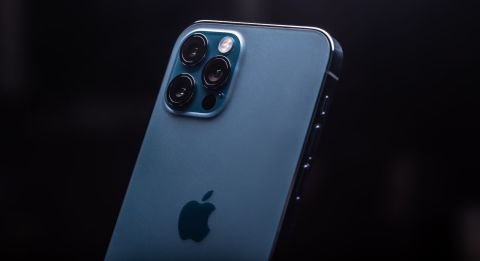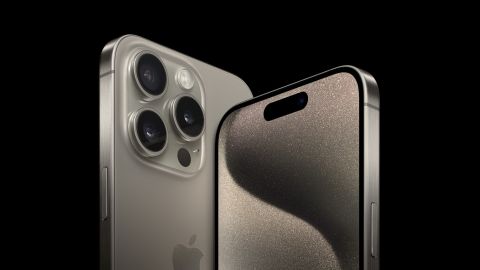ALBAWABA – After the French authorities banned Apple’s iPhone 12 for emitting too much radiation, the government announced that the company will update its devices to meet regulatory requirements, the BBC reported Friday.
Apple will update its iPhone 12 in France after fears about radiation, the country's digital minister, Jean-Noel Barrot, said. He added that Apple would deliver a software update for users in the country in the coming days.
Sales of iPhone 12 were halted in France after a regulator detected too much electromagnetic radiation last week and Apple was told to fix the issue.
The firm said the new update would only apply to users in France, where it said a specific testing protocol existed, according to the BBC.
The American tech giant suggested the radiation findings were a result of that testing regime, and that it was "not a safety concern".
The planned update raises questions over Apple's plans for iPhone 12, which was released just three years ago, in other countries.
Mr Barrot said that the radio frequency regulator (ANFR) would test the new update to check its compliance before iPhone 12 is allowed back on sale in the country.
The World Health Organization has previously sought to allay fears about radiation emitted by mobile phones, saying there is no evidence to conclude that exposure to low-level electromagnetic fields is harmful to humans.
In a statement sent to Agence France-Presse (AFP), Apple said the radiation findings in France were "related to a specific testing protocol used by French regulators and not a safety concern".
It said the iPhone 12 complied with emissions rules worldwide, but it would "issue a software update for users in France to accommodate the protocol used by French regulators".

Apple's iPhone 12 was banned in France in the same time as the company announced the launch of its iPhone 15 - Shutterstock
The regulator found iPhone 12's Specific Absorption Rate (SAR) to be above what is legally allowed in France and made their announcement as the company launched its new iPhone 15.
Mr Barrot gave Apple a two weeks to fix the issue, and said he believed there could be "a snowball effect" as France shared its findings with other regulators across the European Union (EU).
Regulators from Belgium, the Netherlands and Germany said on Thursday they were now also looking into the issue, according to the BBC.
Germany's BNetzA network agency told the BBC the French investigation could lead to measures that would apply to all EU members states. Meanwhile, The United Kingdom (UK) and United States (US) have not announced any action following the French ban.









